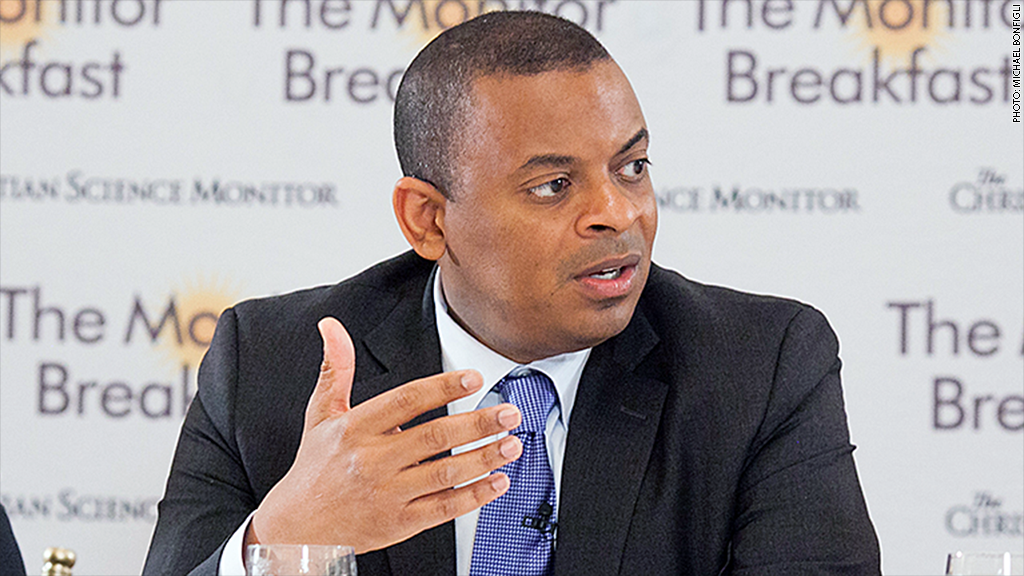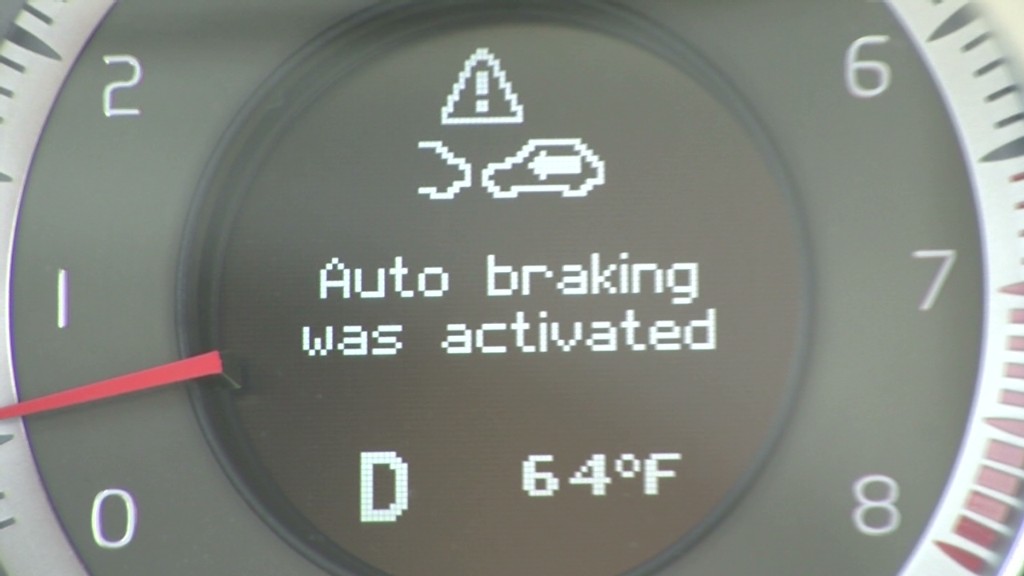
Gridlock on Capitol Hill may yield more gridlock for American commuters who have to navigate congested, pothole-filled roads and highways, rundown rails or bad bridges.
The nation's top transportation chief warned governors in all 50 states this week that the federal government will start delaying payments for projects that are currently underway to fix the nation's roads and bridges.
The federal Highway Trust Fund, which finances transportation projects, is about to run out of money.
If Congress doesn't act by Aug. 1, the Department of Transportation will trim and postpone payments to states. That could lead to interruptions in highway construction late this summer, according to the Committee for a Responsible Federal Budget.
"People will see it in traffic and they'll see it in the condition of our roads," said Transportation Secretary Anthony Foxx at a breakfast with media on Tuesday. "I think they'll see it in our lack of authority to fix our bridges and to put new capacity in place that this country needs."
Related: Should you pay a higher gas tax?
The highway fund gets its money mostly from the federal gas tax, but it has been spending more than it takes in for the past decade. So Congress has periodically transferred money from general U.S. tax revenue into the fund -- a total of $54 billion so far.
Starting Aug. 1, the federal agency will have less than $4 billion in its trust fund and will stop making "same-day" reimbursements to states that are improving highways and bridges, the agency warned.
States will instead get money in two installments in August -- some on Aug. 11, and then again two weeks later when gas tax revenue comes in, according to the letters.
At the end of August or early September, the fund will reach zero. And if there's no bill by Sept. 30, even if the highway fund has gas tax money, it will have no power to spend it, Foxx said.
Related: Deficit expected to be even lower
Foxx couldn't put a specific number on how many projects will be halted, because the decision rests with state governors and local transportation agencies.

There's bipartisan support for improving transportation infrastructure, since it's good for the economy. Better roads and rails mean less wasted time, safer travels and efficiency for trucks and freight trains delivering vital goods across the country.
And infrastructure improvement projects can mean hundreds of thousands of jobs.
So what's the hold up?
Lawmakers don't agree on how much money is needed or where to find it.
Lots of ideas have been proposed. But as yet, there's no common ground in sight.


